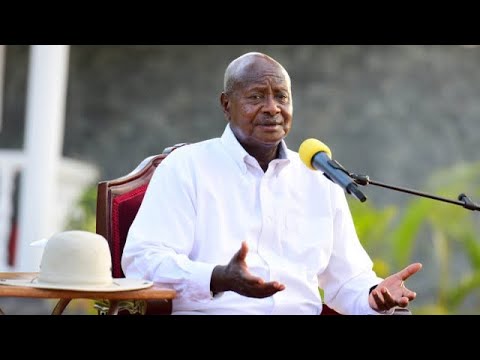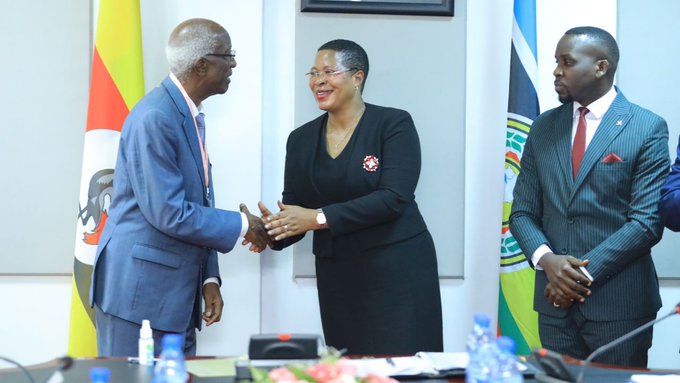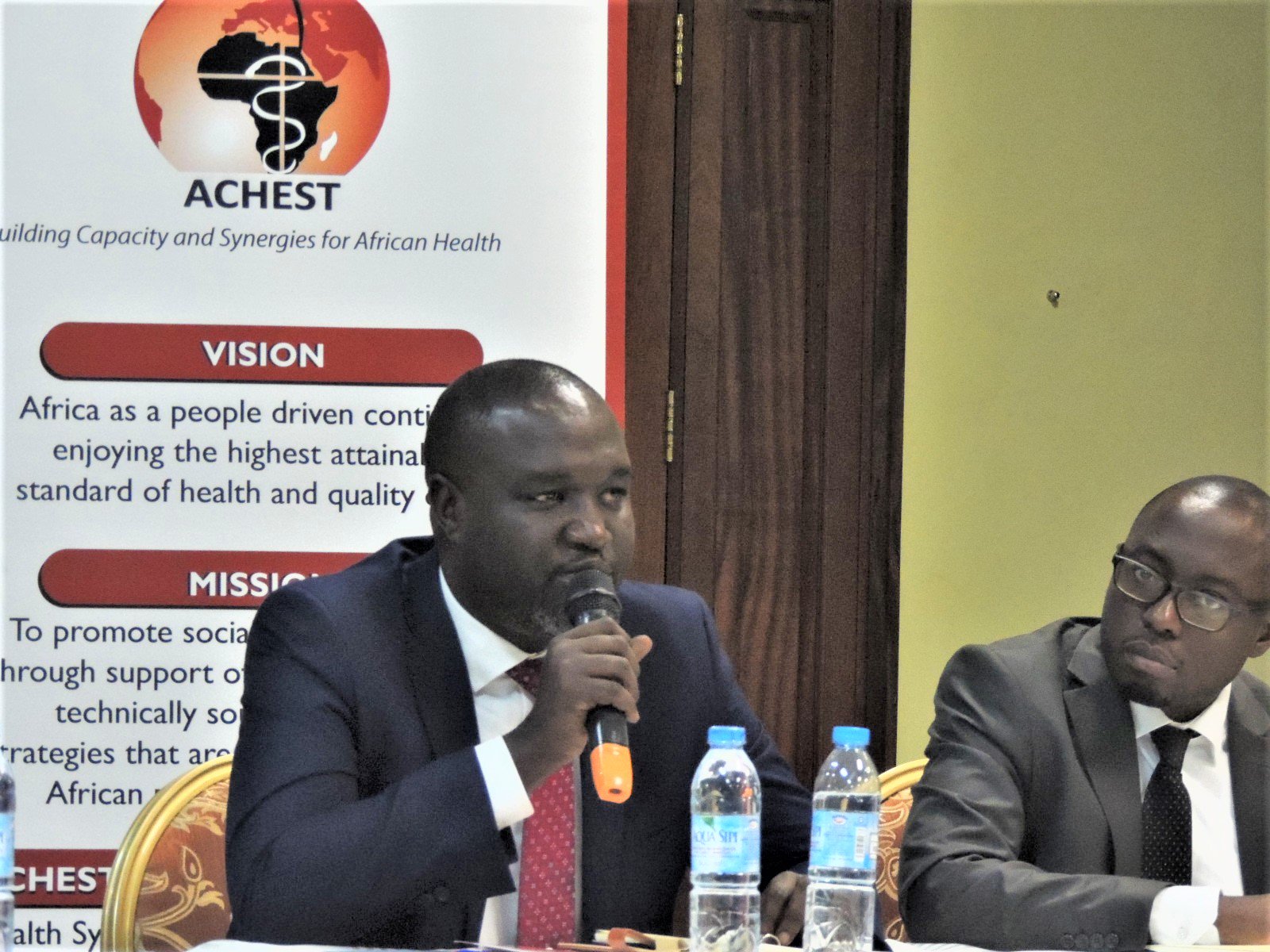New Project Targets Open Defecation in Ugandan Districts
The Ministry of Health has initiated a three year project worth $5 million (approximately Shs19.4 billion) aimed at addressing open defecation and improving sanitation in seven districts characterized by poor health indicators. This project comes in response to concerning statistics indicating that eight percent of the population still practices open defecation, with over 60 percent lacking access to proper sanitation facilities such as toilets, as revealed by the Uganda Demographic and Health Survey report released recently.
Dr. Jane Ruth Aceng, the Health Minister, revealed that the funding for this project is sourced from the Sanitation and Hygiene Fund under the United Nations Office for Project Services (UNOPS), with the Ugandan government providing counterpart funding of $1.5 million (approximately Shs5.8 billion). The launch of this significant initiative coincides with this year’s Sanitation Week theme: “Sanitation and hygiene for all: A key to sustainable healthy living.”
During the launch event held in Kampala, Dr. Aceng emphasized the importance of sanitation and hygiene in promoting human development and social well-being. She underscored the need for communities to take an active role in maintaining a clean and healthy environment for themselves and their neighbors.
The newly unveiled project will be implemented over three years in seven selected districts: Buikwe, Buyende, Kabarole, Kamuli, Kayunga, Luuka, and Kole. It aims to target a population of 2,351,440 individuals, primarily focusing on empowering communities to invest in their health by participating in activities geared towards improving sanitation and hygiene practices.
Dr. Herbert Nabaasa, the Commissioner of Environmental Health, provided insight into the project’s scope, revealing plans to construct over 500 toilets across the targeted districts. Additionally, the project will employ results-based financing strategies to incentivize communities to improve their sanitation practices and enhance infrastructure.
Acknowledging the contributions of international partners, particularly the governments of the Netherlands and Sweden, Dr. Aceng expressed gratitude for their support in expanding Uganda’s investment in sanitation and hygiene initiatives. Dr. Munir Safieldin, the UNICEF Representative to Uganda, reiterated the commitment of development partners to collaborate with the Ugandan government in addressing sanitation challenges.
Dr. Safieldin highlighted UNICEF’s role in supporting systems strengthening efforts and facilitating the development of critical frameworks such as the National Open Defecation Free Roadmap. He cited notable achievements, including the establishment of climate-resilient infrastructure in schools and health facilities and the attainment of open defecation-free status by over 800 communities in key regions of Uganda, all made possible through UNICEF’s support.




















